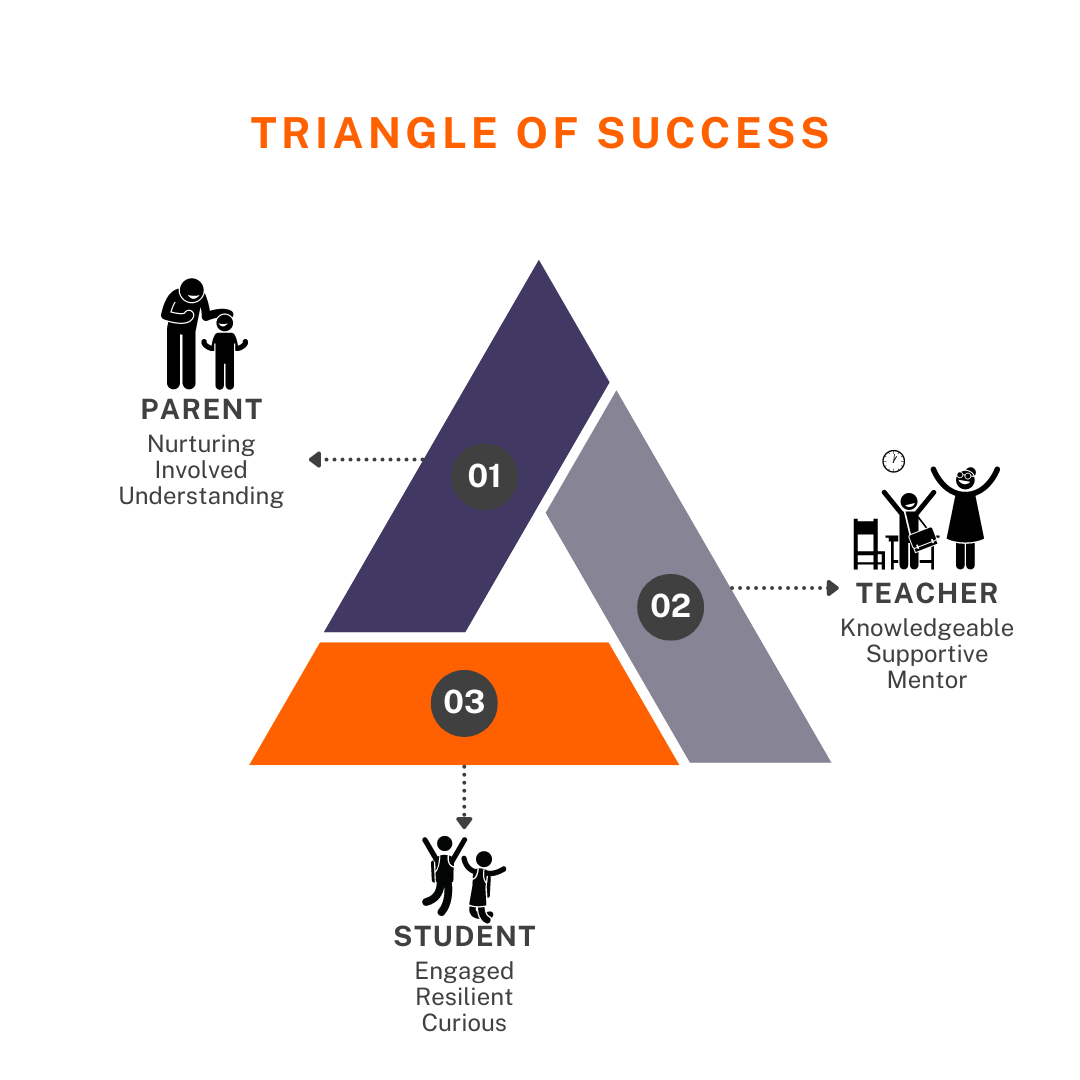The Importance of Parent Involvement in Education

The Importance of Parent Involvement in Education
After teaching in schools across different countries—some thriving, others struggling—I’ve learned one key truth: parental involvement is the single biggest predictor of student success. It’s not wealth, not school resources, and not the latest education trends. It’s parents showing up, setting expectations, and creating an environment where learning is valued.
I’ve worked in schools where parents were barely present, and it showed—students lacked accountability, and consequences had little impact. In contrast, at an elite private school, parents assumed that paying high tuition meant teachers would handle everything, leaving students directionless and disengaged. Both approaches missed the mark.
The students who excel—regardless of background—have parents who are involved, who set expectations, and who provide the support their child needs to succeed.
How Parents Can Make a Difference

1. Check the School’s Platforms Regularly
Most schools use online platforms like Google Classroom, Microsoft Teams, or ManageBac to share grades, assignments, and important updates. Checking in doesn’t mean micromanaging, but it does mean staying informed about deadlines, progress, and resources that can help your child prepare for assessments. For example, platforms like Revision Village (for IB students) or Save My Exams (for GCSE and A-Level students) offer high-quality resources to supplement learning.
2. Be Present During Homework Time
You don’t need to do the work for them, but sitting nearby, asking questions, or just being available for support makes a huge difference. For teenagers, it’s about striking a balance—showing interest without hovering. Try asking, “What’s the most interesting thing you learned today?” or “Can you explain this concept to me?”
3. Communicate with Teachers
Attend parent-teacher meetings, respond to emails, and ask for feedback. A strong parent-teacher relationship ensures that everyone is aligned in supporting your child’s education. If your child is struggling, ask for specific strategies or resources to help them improve.

4. Encourage Good Study Habits
Help your child establish a routine. A consistent study schedule, a distraction-free workspace, and structured breaks improve focus and productivity. Tools like Pomodoro timers or apps like Forest can help them stay on track.
5. Talk About School Beyond Grades
Ask open-ended questions about what they’re learning, what they enjoy, and what challenges they’re facing. Engaging in conversations about school fosters a growth mindset and keeps learning relevant beyond test scores. For example, “What’s one thing you’re proud of this week?” or “What’s a challenge you’re working through?”
6. Support Extracurricular Activities
Learning doesn’t just happen in the classroom. Sports, arts, and clubs teach critical life skills like teamwork, responsibility, and problem-solving. Encourage your child to explore interests outside academics. If they’re passionate about quizzes or interactive learning, platforms like Quizizz can make studying fun and engaging.
7. Use Interactive Tools for Engagement
Platforms like Socrative allow students to participate in real-time quizzes and activities, making learning interactive and engaging. These tools can be especially helpful for reinforcing concepts and preparing for exams.
8. Celebrate Effort, Not Just Results
Acknowledge hard work and progress, not just grades. This builds confidence and resilience, helping your child see that improvement is just as important as perfection.
Why Parental Involvement Matters

Parental involvement doesn’t mean doing the work for them—it means guiding, supporting, and making education a priority at home. When parents invest time in their child’s learning, students are more likely to stay engaged, take ownership, and ultimately, succeed.
A Call to Action
Which of these strategies do you already use? What challenges have you faced in supporting your child’s education? Share your thoughts in the comments below—I’d love to hear your experiences and tips!



